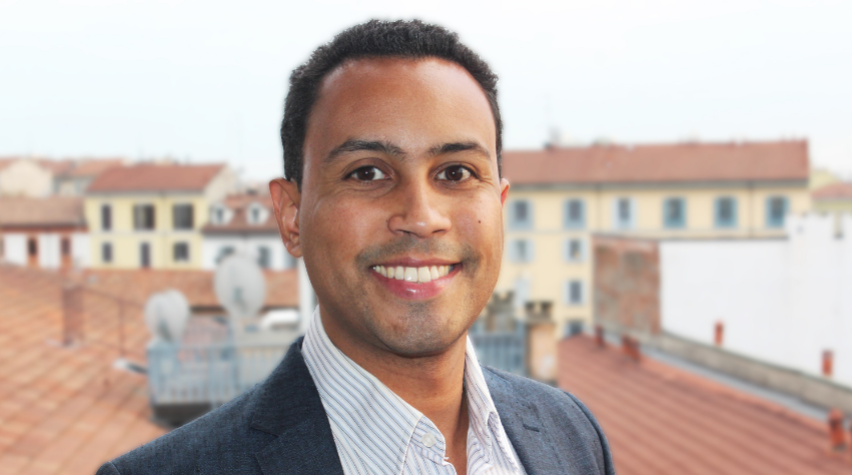
Welcome to the latest in a series of AIChE blog posts profiling process engineers, a diverse group of professionals spanning multiple industries and regions. In this series, we profile process engineers who work in a wide range of fields, including petrochemicals, pharma, bulk chemicals, food, or any process-intensive industry.
Are you a member and process engineer interested in being profiled? We’d love to hear from you via this volunteer opportunity. Please also check out our online discussion group specifically for process engineers. You can find out about these initiatives and join our efforts by visiting https://www.aiche.org/processengineering.
This month, we introduce you to Vitor Mauricio, who works as a process and project engineer at Dipharma Francis. He discusses the path that led to his career in process engineering, overcoming challenges, and the importance of his work.
Tell us a bit about your work as a process engineer.
My work consists of finding improvement opportunities and developing solutions to achieve them. This includes, for example, supporting production by troubleshooting processes or equipment. It also includes process optimization through data analysis for quick-win solutions, as well as CAPEX projects.
Everything is done in the light of process safety, in collaboration with risk analysis and safety improvements. I am very technically oriented and have worked in many different industries. However, I always find myself at the following production sites: petrochemical, chemical, and currently pharma.
Our multidisciplinary knowledge is key to finding good solutions to problems, while also ensuring that these solutions are sustainable from an environmental and economic point of view.
Why did you become a process engineer?
I could say I became a process engineer by chance. I was always fascinated by science, particularly chemistry. I decided to study chemical engineering because I thought it would be a way to tie chemistry and engineering together. I found out later that wasn’t exactly the case. Since I liked the course, I decided to continue studying chemical engineering and eventually, I became attached to it. I enjoyed it because it was very interdisciplinary and oriented to problem solving.
When I graduated, I joined a big Brazilian petrochemical company as an industrial graduate and it was then when I really understood what it meant to be a process engineer. To me, it is a very satisfying career.
What were some of the biggest challenges you faced in your role as a process engineer?
The biggest challenges I have faced were related to understanding process problems. Some examples are: obstruction of equipment by runaway polymerization reaction, or incidents like fire in a hydrocarbon multistage pump. The investigation needs to be very detailed and effective, otherwise the same problem could happen again, leading to safety issues and economic damage.
Tracing back information and process data, talking to people and connecting all the dots to find the root causes, and developing the solutions (sometimes through CAPEX) can be very time consuming and technically difficult. However, when you manage to solve the puzzle, it’s also very satisfying.
How is your work as a process engineer critical to your particular job assignment or industry?
I believe that the work of a process engineer is vital to production sites, as is my job assignment. We are trained to enhance the performance of the process and all the ancillary equipment in a plant. Our multidisciplinary knowledge is key to finding good solutions to problems, while also ensuring that these solutions are sustainable from an environmental and economic point of view.
In the API industry, I understand that process engineering is about optimizing assets through flexible plants, ensuring adherence to GMP standards and product quality, as well as optimizing utilities and recovery of raw materials.
What has been your most important work as a process engineer?
I have completed some very satisfying tasks during the 10 years of my process engineering career. I’ve designed new equipment (heat exchanger and a batch distillation section), collaborated in root cause and safety analysis, developed control strategies, installed a reactor, performed troubleshooting through data analysis, and I’ve also trained people.
Most importantly, I had the chance to play key roles in all the teams I worked with and I was able to help them by using my knowledge in order to achieve better results. In the end, I realized that your relationship with your teammates and other people make the difference, not just technique alone.
Connect with Vitor on AIChE Engage
Join the Community of Process Engineers
The Community of Process Engineers is brought to you by Scott & Karen Love. Their support enables the AIChE Foundation to advance process engineers at every stage of their career allowing them to Do a World of Good.
AIChE Foundation – Doing a World of Good Campaign



